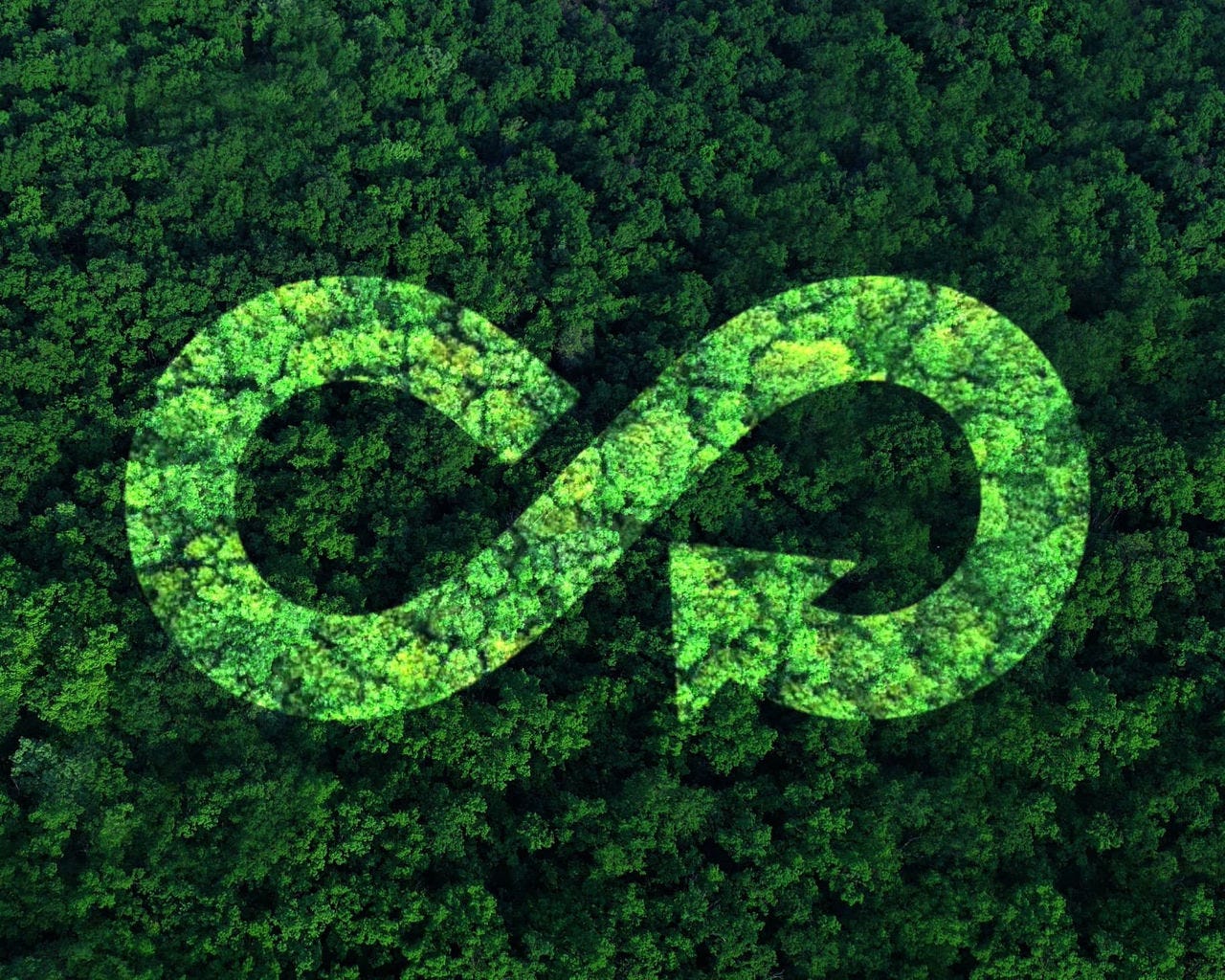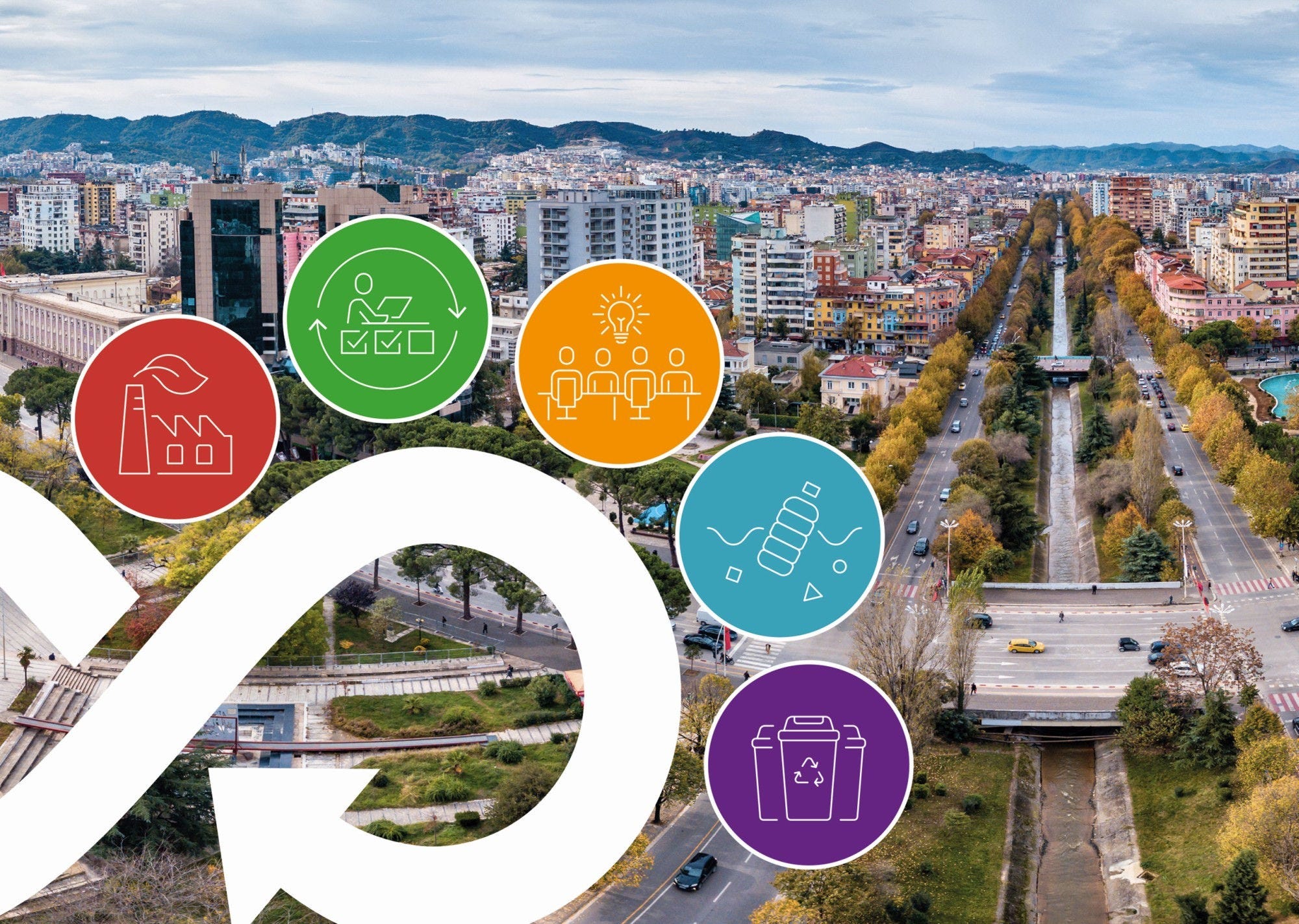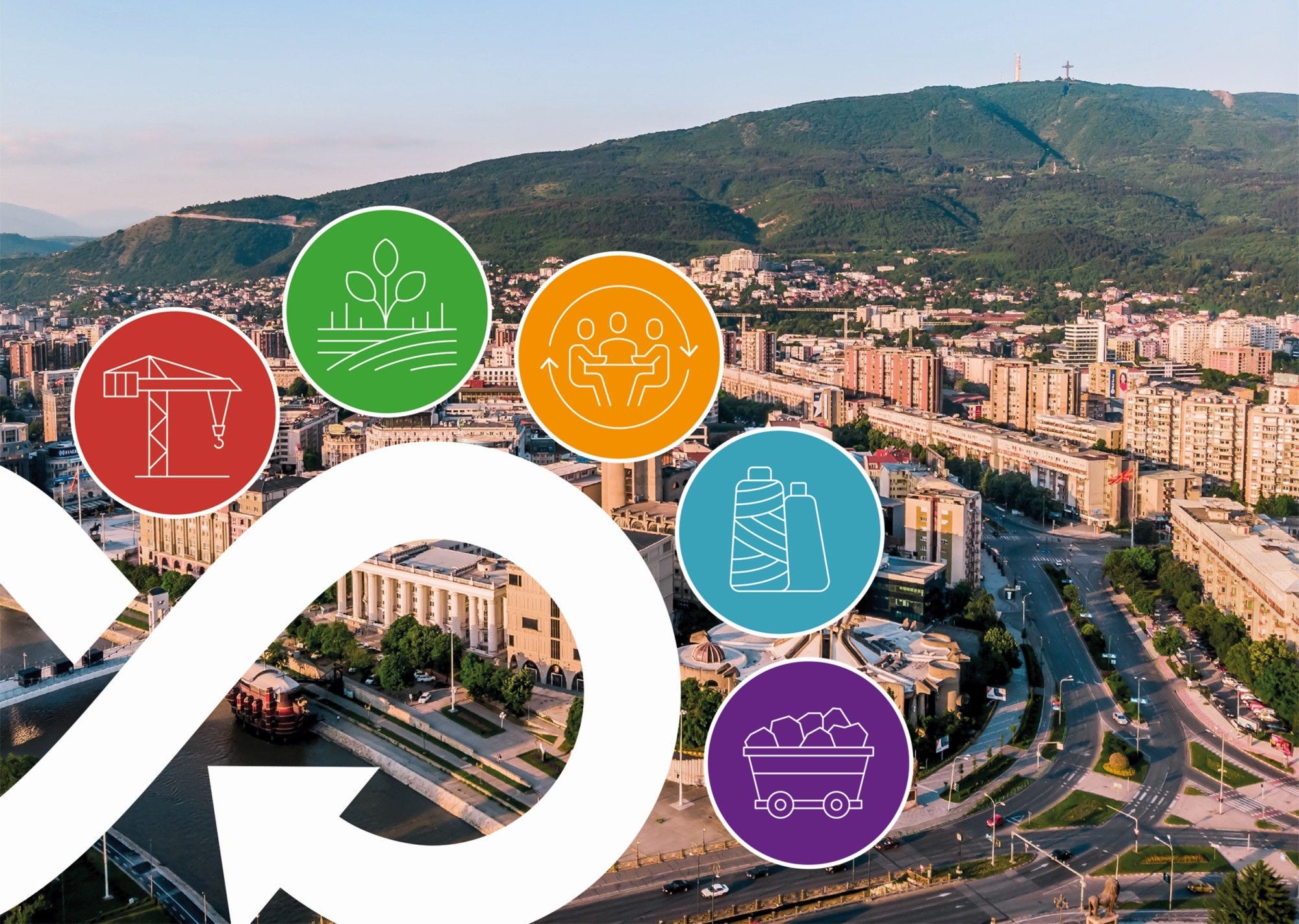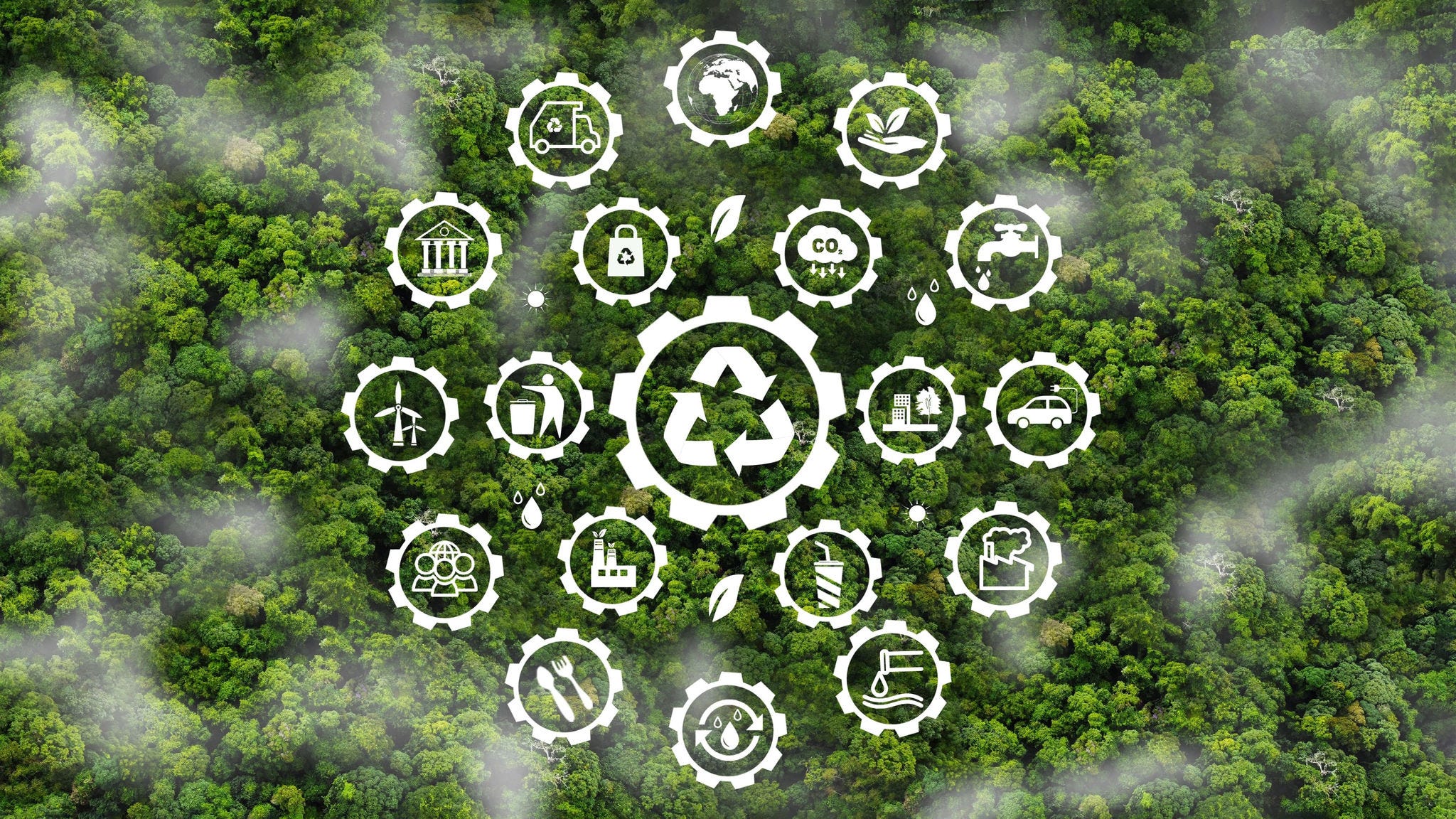The OECD provides technical support to help OECD and non-OECD Member countries develop national circular economy strategies, roadmaps and other policies to uncover the potential benefits of a circular economy transition in their economies. This is done by assessing the current economic and environmental trends, policy framework as well as by developing projections. Based on this analysis, the OECD provides targeted policy recommendations.
Circular economy policies and country studies
In recent decades, the use of raw materials has put significant pressure on the environment. In response to this challenge, countries are making the transition to a circular economy a policy priority. The OECD is guiding countries on the actions and decisions that are needed for a transition towards a more circular economy.

Key messages
In targetted countries, the OECD assesses the existing circular economy-related policy landscape. It then combines this analysis with stakeholder dialogue to identify key circular economy policy priority areas. Engagement with public actors from across government, industry, NGOs and research institutions facilitates knowledge sharing, acceptance and the development of high impact actions.
The OECD provides bespoke policy recommendations supported by action plans and monitoring frameworks. Action plans identify key short-, medium- and long-term measures that public authorities can implement. Monitoring frameworks propose sets of indicators that can measure country progress towards strategic objectives and the implementation of circular economy policies.
Context
Materials use is projected to increase alongside continued economic growth
Globally, the use of materials has significantly increased over the past century. Continued economic growth, industrialisation and a rising global population will continue to drive increases in materials use. Recent OECD modelling suggests that the use of materials is projected to double by 2060 (from 89 to 167 Gigatonnes) if no further policy action is taken.
Related data
-
Material productivity is the amount of economic output or value added generated per unit of materials consumed.Learn more
-
Domestic material consumption (DMC) is the amount of materials (in terms of weight) used in an economy.Learn more
-
Municipal waste is waste collected and treated by, or for municipalities.Learn more
-
Environment at a Glance Indicators provides real-time interactive on-line access to the latest comparable OECD-country data on the environment from the OECD Core Set of Environmental Indicators – a tool to evaluate environmental performance in countries and to track the course towards sustainable development. The interactive thematic webbooks allow users to play with the data and graphics, download and share them.. These indicators provide key messages on major environmental trends in areas such as climate change, biodiversity, water resources, air quality, circular economy and ocean resources.Learn more
Related publications
Related policy issues
-
Resource efficiency and productivity ensure that materials are used efficiently at all stages of their lifecycle (extraction, transport, manufacturing, consumption, recovery and disposal) and throughout the supply chain. Moving towards a resource efficient and circular economy is critical from both supply security and environmental perspectives and provides the basis for a sustainable and competitive economy.Learn more
-
Adequate waste management systems are essential for a healthy environment. Waste that cannot be prevented must be safely processed, recovered, or thrown away. The OECD facilitates the safe trade of waste beyond national borders.Learn more
-
Governments use economic instruments such as taxes, emissions trading schemes and subsidies to incentivise behaviour change. As countries grapple with increasing volumes and complexity of waste, the OECD provides policy analysis and guidance on Extended Producer Responsibility (EPR) - a policy approach designed to shift the responsibility for products from municipalities and consumers to producers.Learn more
-
In the last century we have seen an unprecedented increase in the use of natural resources and materials. Efficient resource use and the transition to a circular economy can help not only material security but also improve environmental and economic outcomes.Learn more
-
Plastic pollution is one of the great environmental challenges of the 21st century, causing wide-ranging damage to ecosystems and human health. Growing awareness of plastic pollution has steered public opinion and paved the way for stronger policy interventions. The OECD's work on plastics seeks to inform and support these efforts.Learn more
Subscribe to our newsletter
The OECD regularly publishes newsletters featuring the latest publications, analysis, events, Green Talks LIVE webinars, articles and blogs related to environment.







